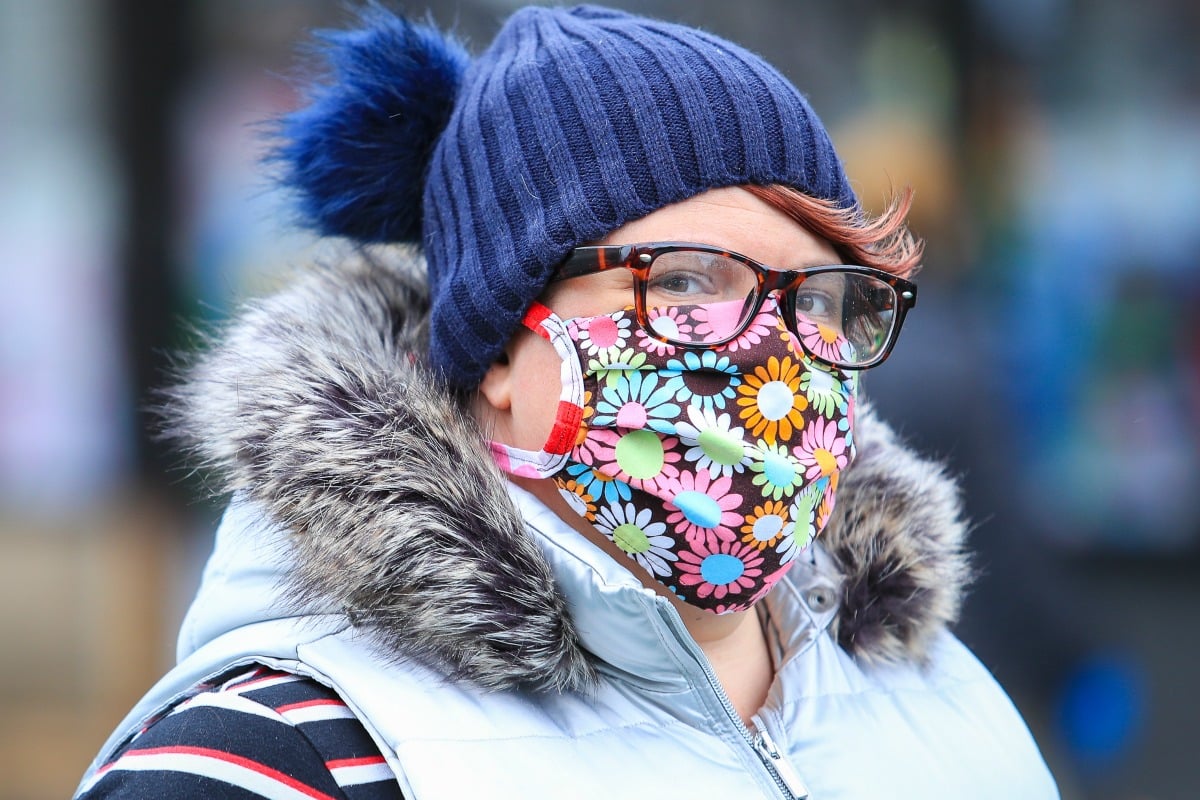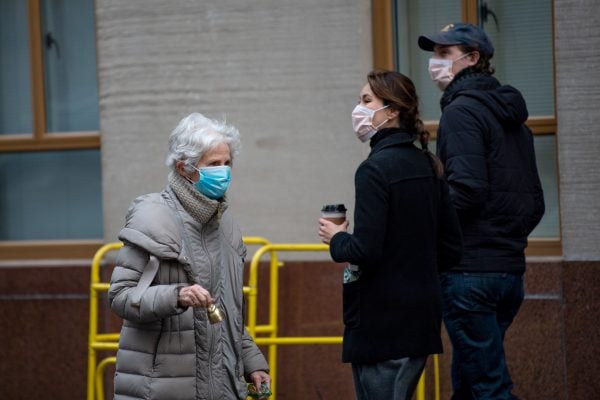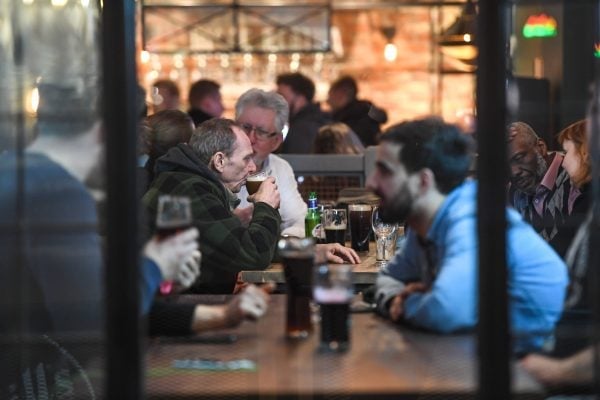
Up until now, Australia has been battling the COVID-19 pandemic in balmy weather. It was still summer when the virus first hit our shores, and we’ve had a particularly warm April. But as New South Wales, South Australia and Victoria brace for an “unusual” cold front this week, attention is turning to the impact winter might have on the coronavirus.
COVID-19 started in China during their coldest months of the year, spreading across Iran and Europe in their winters also.
We might be flattening the curve right now, but what impact could a coming change in weather have on our successes so far?
WATCH: Victoria is getting the wintry blast first. Post continues after video.
Winter is usually when we’re most likely to get sick. It’s why every year in Autumn, doctors encourage us to get a flu shot in preparation.
This year we’re in desperate need of one specific vaccine – but it’s not available yet. So what does that mean?
Experts believe winter in Australia could have a bad influence on our declining COVID-19 transmission rate.


